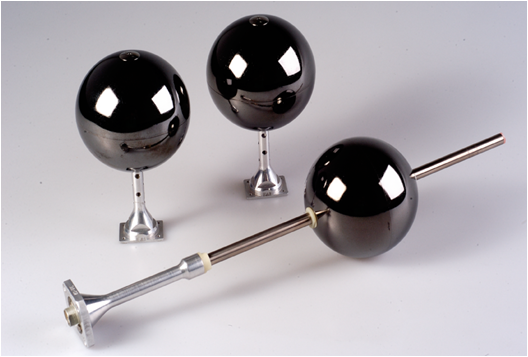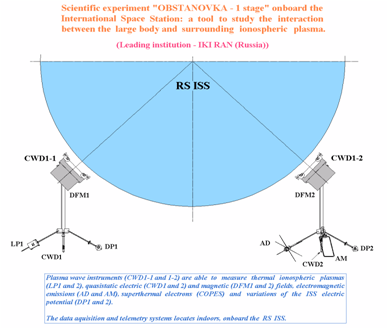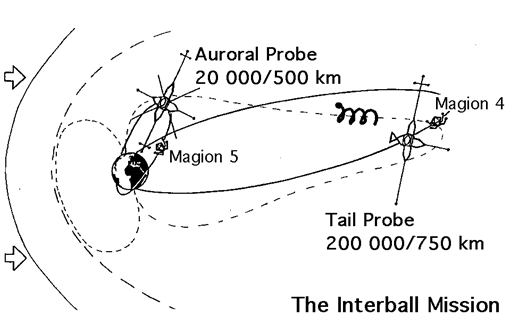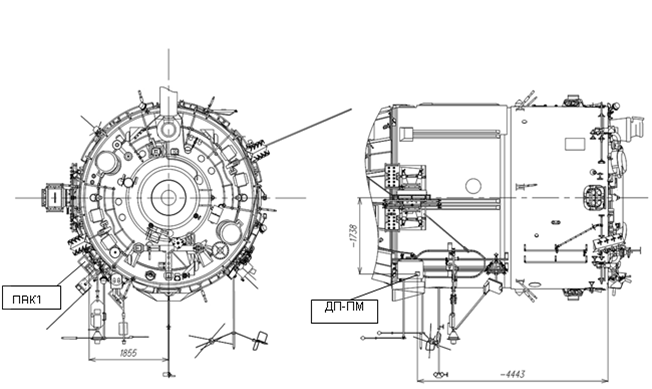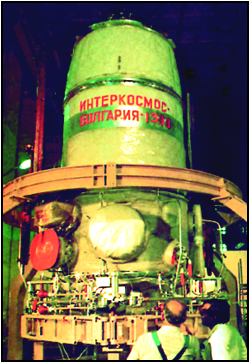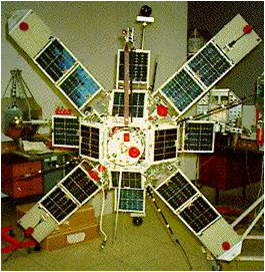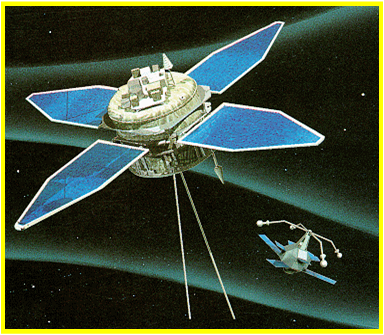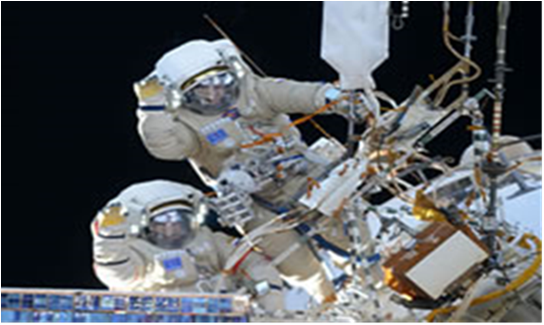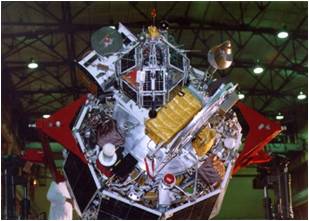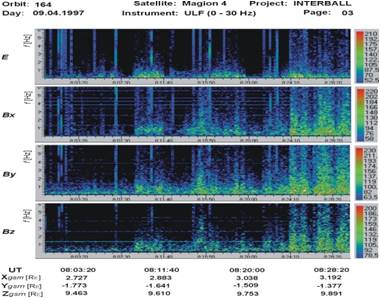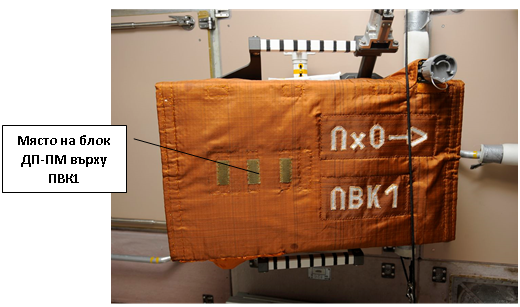We expect to confirm and justify the advantages of using glass-carbon coatings on the working surfaces of spherical sensors to measure quasi-constant and alternating electric fields in near-Earth plasma, by the method of the double probe, on board satellites. The studied technology for obtaining glass-carbon coatings on graphite and other refractory composite materials is an original development of a team of scientists from BAS, protected by copyright certificates, and has so far been successfully applied in space experiments to measure electric fields of satellites: “IC-Bulgaria 1300”, “IC-24 Active”, “IC-25 APEX”, “INTERBOL-2”, the sub-satellites “Magion-2”, “Magion-3”, “Magion-4”, “Magion-5” ”As well as the International Space Station (ISS).
